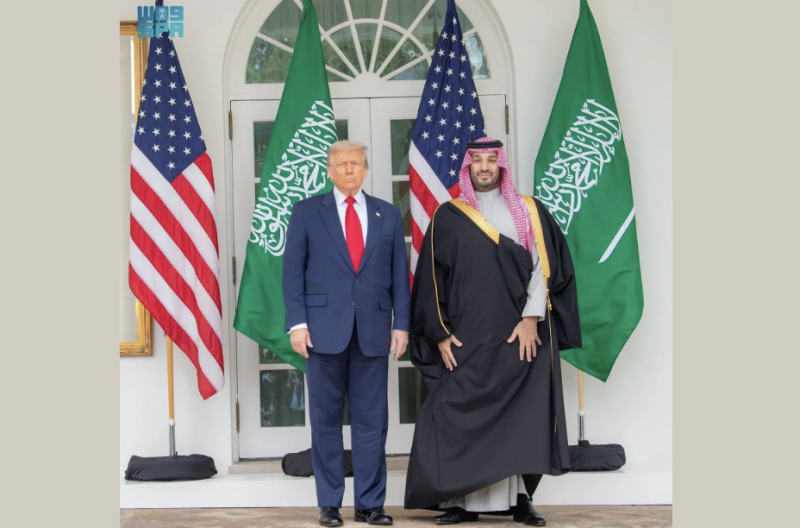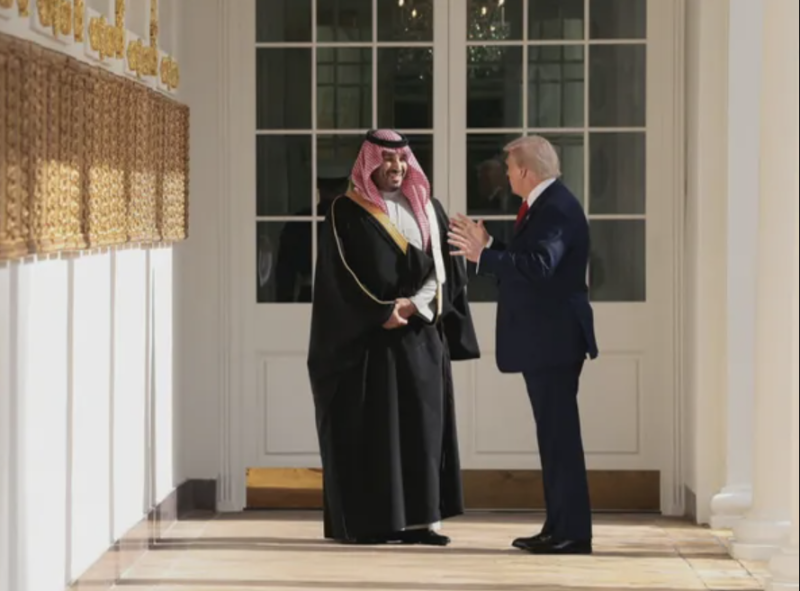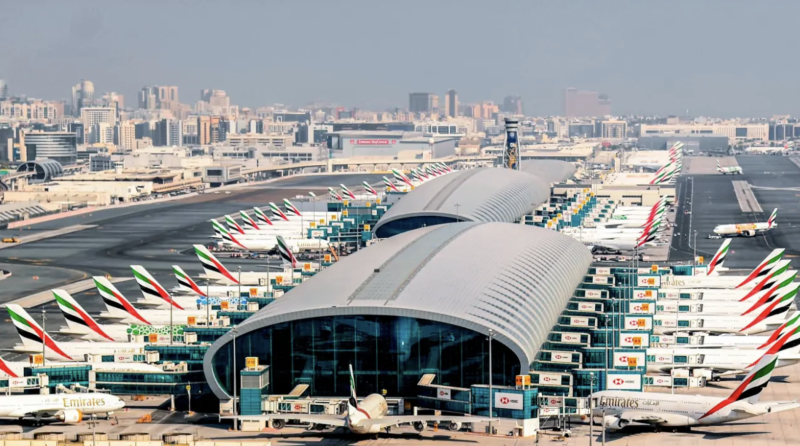Israel-Gaza war horrific and a 'profound setback' for the region, says Dr Anwar Gargash


The events unfolding in the Middle East are “horrific and represent a profound setback” for the region, the diplomatic adviser to President Sheikh Mohamed and former minister of state for foreign affairs has said.
Dr Anwar Gargash said nothing can justify attacks on innocent civilians. He called for a humanitarian ceasefire in Gaza and urged for efforts to ensure the conflict “does not spread”.
Speaking at the Abu Dhabi Strategic Debate on Monday, Dr Gargash said a year that had begun to look promising was now “profoundly challenged” by the Israel-Gaza war.
He also said it would be an “epic, historical tragedy” if there were no efforts to re-engage politically on the issues of borders, refugees and East Jerusalem and work to agree to a two-state solution with a Palestinian state on 1967 borders with East Jerusalem as its capital.
“The unprecedented scale of attacks on Israeli civilians that initiated the crisis represented a serious escalation of the conflict,” said Dr Gargash. “Nothing can justify attacks targeting civilians.”
“At the same time, we are deeply concerned by the unparalleled response from the Israeli government and military.
“The disproportionate attack on civilians cannot be justified and adds further fuel” to the prospects of wider problems, he said.
Israel's Prime Minister Benjamin Netanyahu on Saturday rejected growing international calls for a ceasefire without the release of all the hostages captured by Hamas in its October 7 attack.
'Too much, for too long'
In his keynote address that opened the two-day event, Dr Gargash said the “immediate priority” was a humanitarian ceasefire, ensuring the delivery of urgent humanitarian aid and ending the violence and hostility “as soon as possible”.
“The region suffered far too much, for far too long,” he said. “Innocent civilians and families from both sides of the divide are being devastated. The recent scars will continue to haunt both communities for many more years.”
Dr Garhash said the spread of the violence showed the failure of the “policy of containment” imposed on the Palestinians. He added that it would be an “epic, historical tragedy” to not re-engage politically on the issues of borders, refugees and East Jerusalem.
Dr Gargash underlined the only way forward was a “political process” to achieve a two-state solution that would require support from the international community.
“Let us hope out of these violent tragic events of the past two weeks, a real commitment to a two-state solution will emerge.”
In a wide-ranging speech, he also reflected on the values that underpin the UAE’s foreign policy, the importance of multi-literalism and the Cop28 climate talks that are now just weeks away.
“The world needs Cop28 to succeed,” he said, regarding the summit that takes place in Dubai from November 30 to December 12. “We cannot do this alone … this is a collective process”. He urged countries to come to Dubai for the crucial talks “ready to deliver the progress the world is expecting to see”.
Turning to the Ukraine war, Dr Gargash said the UAE intended to serve as a bridge and carry out dialogue between differing parties. He said that the UAE was willing to “receive criticism” by charting its own independent yet constructive path if it leads to good things.
Dr Gargash said stability, prosperity, the importance of de-escalation and championing diplomacy and dialogue guided the UAE's foreign policy.
He said the UAE's decision to join the Brics grouping this year has been misrepresented by some as a geopolitical shift. This “did not feature in our thinking at all”, he said and added the group was “another important multilateral platform” that offers the UAE a chance to engage with emerging countries.
Building bridges
Regionally, he said the UAE did not always see eye to eye “with some of our non-Arab neighbours” but the UAE was committed to de-escalation and engaging.
Dr Gargash said the UAE worked closely with Saudi Arabia and Egypt and valued its partnerships with the US and long-term allies in Europe. He said the country valued eastern alliances with India, Japan, China, South Korea and Indonesia.
“The UAE does not see a contradiction between these relationships in the West and East,” he said, saying that building bridges and balance is “not easy but necessary”.
The Abu Dhabi Strategic Debate continues in Abu Dhabi until Tuesday.
Attendees are expected to hear talks on Cop28, Gaza, the war in Ukraine and the future of the Gulf Region.

A joint statement was issued today at the conclusion of the official visit of His Royal Highness Prince Mohammed bin Salman bin Abdulaziz Al Saud,…

Washington — Saudi Crown Prince Mohammed bin Salman has declared that the Kingdom of Saudi Arabia is open to joining the Abraham Accords, but…

Dubai — Dubai International Airport (DXB), the world’s busiest hub for international travel, has recorded a staggering 93.8 million pas…